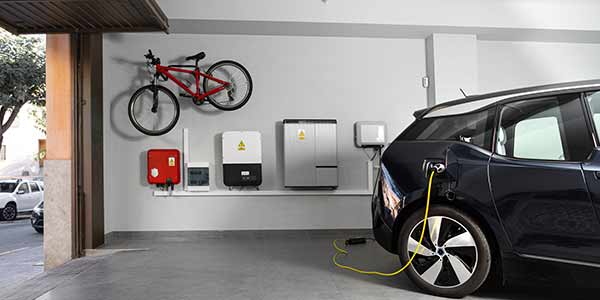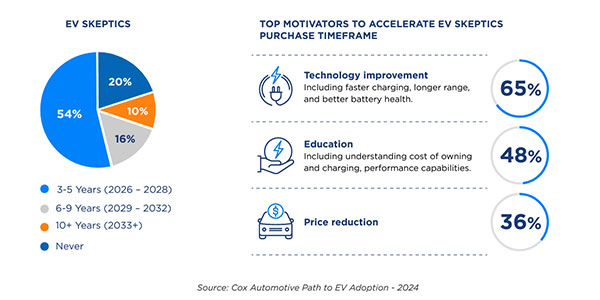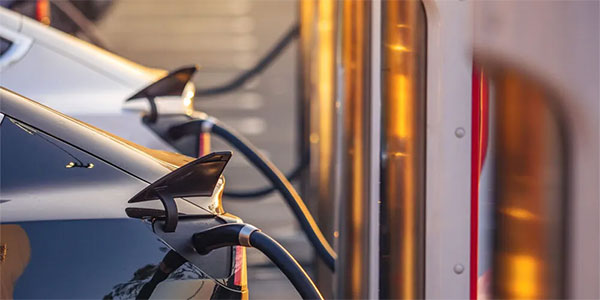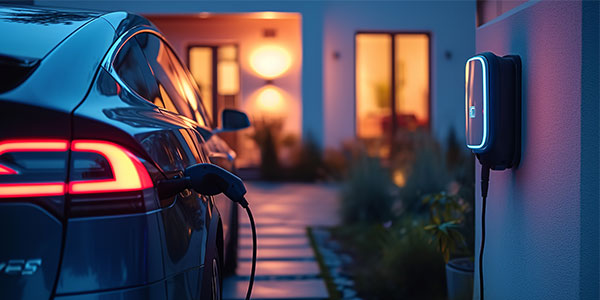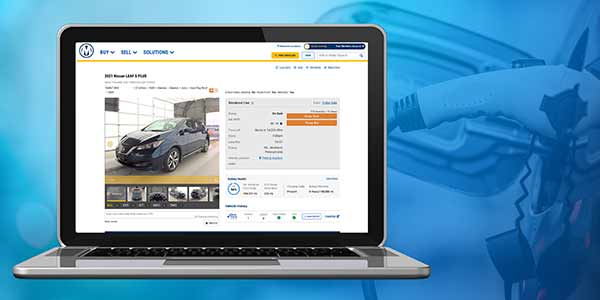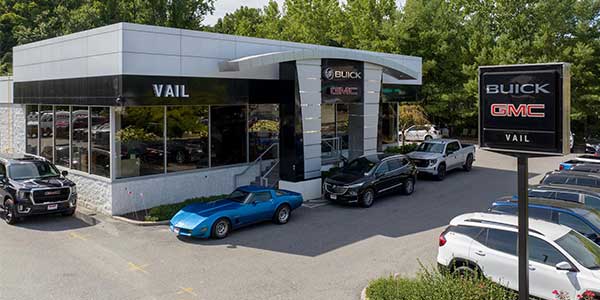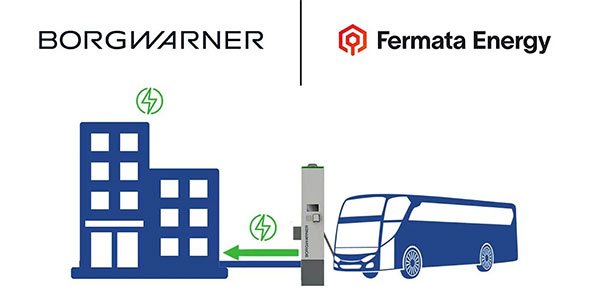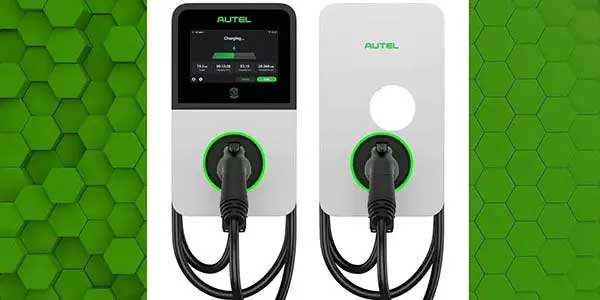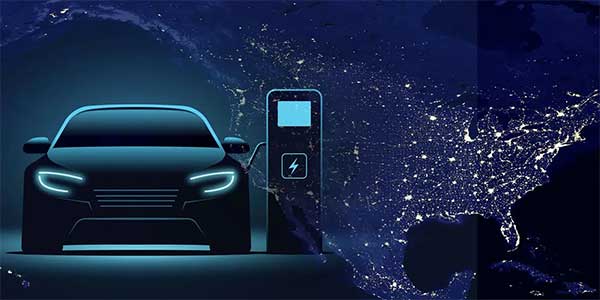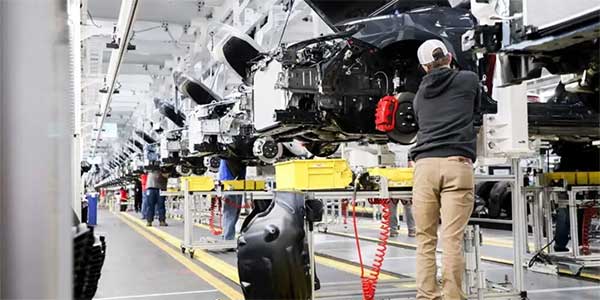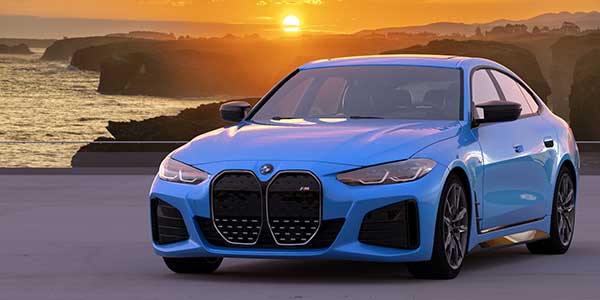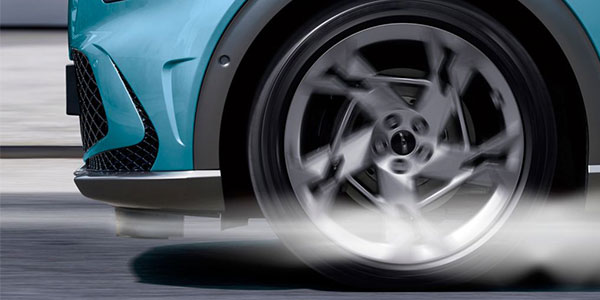While the public charging infrastructure for electric vehicles (EV)1 faces a myriad of growing pains, home charging offers a much more satisfying experience for owners, according to the J.D. Power 2024 U.S. Electric Vehicle Experience (EVX) Home Charging Study, released March 26, 2024.
Overall satisfaction scores among owners in all three home charging segments2 increase year over year, led by Level 1 portable chargers (+20 points on a 1,000-point scale); Level 2 permanently mounted home chargers (+4); and Level 2 portable charging stations (+2).
“In contrast to public charging, home charging is the ultimate convenience for owners to charge their EV,” said Brent Gruber, executive director of the EV practice at J.D. Power. “Home charging is the most satisfying aspect of owning an EV, which is why all parties in the EV ecosystem need to take the necessary steps to ensure that residential charging is available for current and potential EV owners alike. Incentives and programs are also available to offset the cost of charger installations, upgrades and management of ongoing charging costs, but too few EV shoppers are taking advantage of these offerings. The industry needs to do a much better job with consumer education and awareness, and dealers are certainly in the best position to fill that role at a local level.”
Following are key findings of the 2024 study:
- Gap in satisfaction: Although satisfaction with Level 1 portable chargers has improved 20 points this year, the gap between it and Level 2 permanently mounted charging stations is still significant (581 vs. 744, respectively). In comparison, overall satisfaction with Level 2 portable chargers is 735. Combined, Level 2 portable and Level 2 permanently mounted charging stations are utilized by 84% of all EV owners who charge their vehicle at home.
- Charging speed remains a key differentiator: Charging speed is the most substantial differentiating factor of owner satisfaction between Level 1 and Level 2 chargers. Level 1 portable chargers have the lowest satisfaction for charging speed (325), while satisfaction increases to 649 for Level 2 portable chargers and 682 for Level 2 permanently mounted chargers.
- EVs in all charging segments have more problems: Despite gains in overall satisfaction, EVs in all three charging segments see year-over-year increases in overall problems among owners. Owners of Level 2 portable chargers experience an increase of 6.6 problems per 100 chargers (PP100), on average, from the previous year. The most common problem among all owners is that the internet or Wi-Fi connection either did not work or is difficult to use. Additionally, slower than normal charging speed is a particular problem with Level 1 portable chargers (8.6 PP100).
- Bidirectional charging shows viability: Unlike most existing EV charging technology that sends energy only in one direction—from a power source to the vehicle battery—bidirectional charging allows the vehicle to send energy for use by other devices in the home, or it can be potentially returned to the grid to offset consumer energy costs and help balance peak electrical demands. Among owners of premium EVs, 35% are interested in and willing to pay extra for such charging, while 29% of mass market owners say the same.
- Minimal awareness of utility programs: Nearly half (49%) of EV owners say they are unaware of the programs offered by their electric utility and 18% say their electric utility does not offer any programs. Educating owners on local utility programs is in the interest of both automakers and home charger manufacturers. For example, among Level 2 charger owners who use financial incentives for installation, satisfaction is notably higher for cost of charging (+18 points) and fairness of retail price (+15) than among those who do not use incentives.

Study Ranking
While the study examines the home charging experience of EV owners across all three charger segments, only the Level 2 permanently mounted charging station segment is award eligible this year.
Tesla ranks highest among Level 2 permanently mounted charging stations for a fourth consecutive year, with a score of 790. Emporia (764) ranks second and GRIZZL-E (761) ranks third.
The U.S. Electric Vehicle Experience (EVX) Home Charging Study, now in its fourth year, is driven by a collaboration with PlugShare, the leading EV driver app maker and research firm.
This study sets the standard for benchmarking satisfaction with the critical attributes that affect the total or overall EV home charging experience for both battery electric vehicles (BEVs) and plug-in hybrid electric vehicles (PHEVs).
Satisfaction is measured across eight factors: fairness of retail price; cord length; size of charger; ease of winding/storing cable; cost of charging; charging speed; ease of use; and reliability.
These factors provide a comprehensive assessment of the owner experience and charger performance. Respondents include 15,617 owners of 2018-2024 model year BEVs and PHEVs. The study was fielded from December 2023 through February 2024.
For more information about the U.S. Electric Vehicle Experience (EVX) Home Charging Study, visit https://www.jdpower.com/business/automotive/electric-vehicle-experience-evx-home-charging-study.
1Electric vehicles (EV) include battery electric vehicles (BEV) and plug-in hybrid electric vehicles (PHEV).
2J.D. Power defines charger segments as Level 1 portable; Level 2 portable; or Level 2 permanently mounted (permanent). Level 1 portable charging stations offer simple electric vehicle charging capabilities at home through a standard 120-volt electrical outlet. Level 2 portable charging stations offer faster charging capabilities at home through an upgraded 240-volt electrical outlet. Level 2 permanently mounted charging stations use an upgraded 240-volt electrical outlet via a permanently wall-mounted format.

